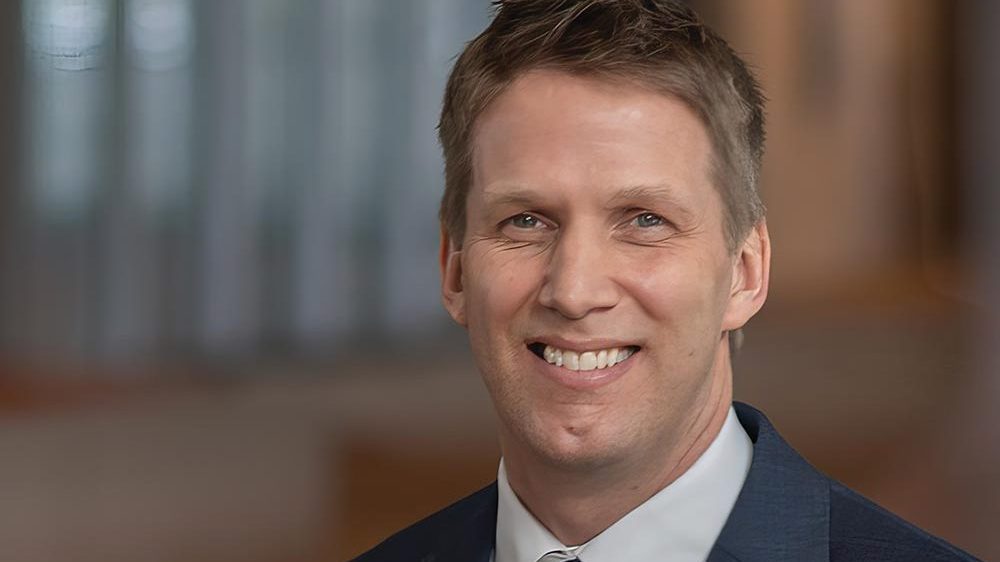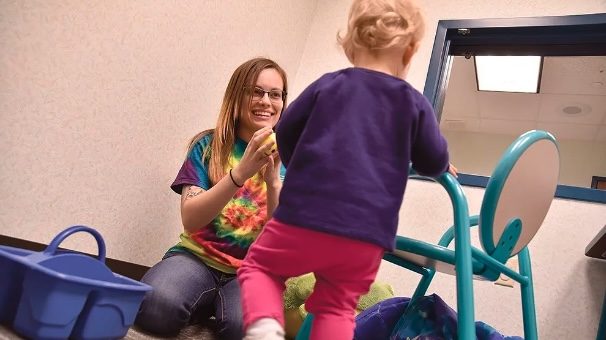Southwest Michigan Journalism Collaborative (SWMJC) is a dynamic group of 12 partners representing media, educational or community organizations dedicated to strengthening local journalism. We support and enhance the news ecosystem in Southwest Michigan, to provide accurate and equitable coverage, and to promote diversity of voices among journalists and sources alike.
Subscribe to our monthly newsletter
Don't miss new updates in your email
Cultural Conversations
Bridging the Gap for Culturally Competent Mental Health Services
There is limited availability of Black, Hispanic and LGBTQ-specific therapists, making it harder for people in these populations to find a practitioner they feel comfortable talking to.
In this audio project, presented by Southwest Michigan Journalism Collaborative’s Mental Wellness Project, we’ve paired two sets of therapists from different racial/ethnic backgrounds and life experiences for conversations on working with culture-specific populations.
This was primarily an opportunity for mental health professionals to share and learn together, and have open conversations to uplift mental health services for all individuals in need of support.
The collaborative is proud to share excerpts of their conversations and is thankful to these participants:
- Maria Faison, El Concilio & Cherish Davis, Integrated Services of Kalamazoo
- Timothy Kelly, Integrated Services of Kalamazoo & Sirilda Jones, Integrated Services of Kalamazoo
The Science and Art of Well-being: Innovations and best practices in mental health care






Mental Health Workforce Crisis: Effective approaches to improving the pipeline







A Way Through: Strategies for Youth Mental Health






Overloaded and (Often) Unpaid: Caregiving and Mental Wellness


















